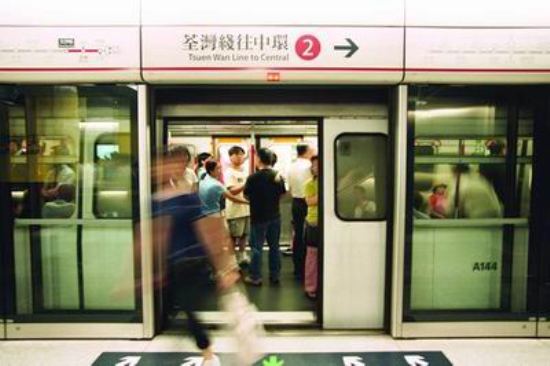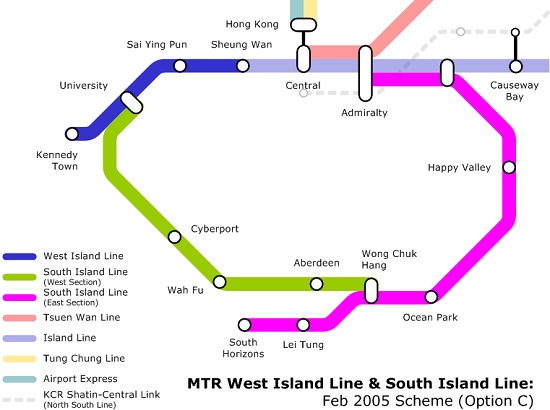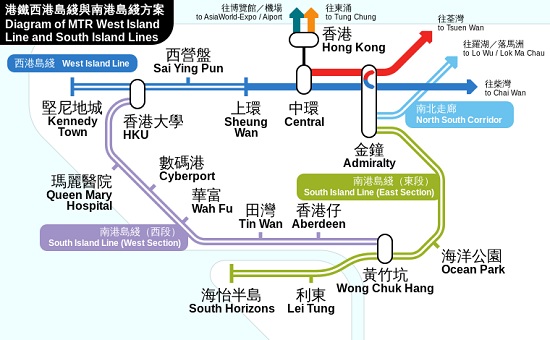
The following is an open letter to Occupy Central organizer Benny Tai. It was submitted to The Nanfang by an executive at a listed company in Hong Kong. We publish it here with his permission, though he has asked to remain anonymous.
Dear Benny,
Your movement has successfully communicated the position that democracy is a laudable aim – you can now claim you have occupied the ideological high ground. What your movement has not yet achieved is winning the hearts and minds of the people – the moral high ground. Too much of your movement is seen as causing conflict and chaos without coming up with a solution to the problems that society faces, other than “democracy”.
Your concept of civil nomination is a tactic to get around the perceived bias of the nominating committee and enable the public to choose a chief executive which is not “selected by Beijing”. To win a war, you need to assess the strengths and weaknesses of your enemy and hit him where it hurts.
You can achieve your aim by effectively stripping the nominating committee of its legitimacy. Here’s how:
1. In 2.5 years time, the People’s Candidate needs to get the support of the majority of the people of Hong Kong. The people need to believe that he or she is the right person to solve Hong Kong’s problems and give them a better life. Therefore, your camp (let’s call it the yellow camp) needs to start to select that candidate.
2. The yellow camp launches a civil nomination process for any registered voter in Hong Kong to choose their candidates. If you get a million eligible voters to endorse your candidate, you can claim your process is legitimate.
3. In the process of this civil nomination, the candidates will need to articulate the policies that they will implement when they are chosen as the chief executive, such as housing, social, economic and political policies. Most voters in Hong Kong are wise enough to understand that we are part of China and that opposition to China, the Chinese Communist Party or the principle of “One Country, Two Systems” is not credible.
4. The successful candidate voted by the people can declare himself Shadow Chief Executive.
5. By having a shadow chief executive and a team articulating the yellow camp’s policies, it would force the blue camp to also put forward candidates, or the yellow camp will have a clear run.
6. By this process the yellow camp could win the hearts and minds of the people with policies designed to strike a balance between all sectors of society. Mass rallies supporting the shadow chief executive, television, radio and social media can raise his or her profile. Surveys can show he or she has support of 70 percent of the population compared to 30 percent for the blue candidate.
7. With such overwhelming public support for the yellow candidate, the nominating committee will have no choice but to include him or her in the chief executive election as long as the candidate is not seen as “anti-China. The nominating committee is composed of Hong Kong people and they will have no choice in the face of overwhelming public support for a moderate candidate. If they do not chose him or her, then the whole electoral process will be seen as illegitimate and not credible. Until you try to win, you cannot occupy the moral high ground.
So, you can have a civil nomination, but only if you start it yourself now to elect your own candidate. You can use democratic processes to make an undemocratic system give you the result you want. Once in power, you have an influential position to try and make the next election more democratic.
All this can be achieved without confronting China; without being seen as a bunch of revolutionaries and misguided students.
You can win the hearts and minds of the people if you embark on a winning strategy. Glorious or inglorious defeat should not be your aim. Hong Kong people do not want chaos and ideological conflict, they want someone who will make their actual life better.
Carpe diem.
 It’s not quite all the way to Lamma Island, but it’s a start.
It’s not quite all the way to Lamma Island, but it’s a start.
 To take a glimpse at what the entire future Hong Kong subway system may look like, click here.
To take a glimpse at what the entire future Hong Kong subway system may look like, click here.

























“Western Banker” Writes Hilarious, Self-Important Letter to Occupy Students
Posted: 11/9/2014 1:09 pmWelcome to the debut post from The China Curmudgeon.
Dear students,
After occupying large parts of central Hong Kong, you have made your voice heard and made your point. Now it is time to go home, so that the Central Government and wealthy people like myself can go back to ignoring you and the problems you are drawing attention to.
I walked through the Admiralty protest zone yesterday on the way to a lunch meeting. I did not do this to take a selfie, like many tourists do. I did it so that when I talk about Occupy at dinner parties with other members of the elite, I can say that I’ve visited the protests. I feel it adds weight to my argument. And it only took about 15 minutes to do because I didn’t stop to actually engage with any protesters or try to understand their motivations.
So students, I hope you will take my advice, as someone who has been to the protest area and lived in Hong Kong for years. It is really time to tear down the blockades in Admiralty and Mong Kok. There are other more effective ways you can work to influence the direction of Hong Kong. I don’t know what they are, but when I say “other more effective ways” I’m really just hoping to leave it at that.
Is blocking people from coming and going to work democracy? No, it is not. True democracy is the freedom for me to make money, and for you to not elect your leaders.
Many Hong Kong people oppose Occupy Central. The ongoing protests and blockades are affecting countless lives in Hong Kong. Never mind that even the government says that Hong Kong’s economy has not been negatively impacted, and tourism has increased over the same period last year. The whole thing has impacted my life and my rights, and the lives and rights of many others, for two basic reasons:
1. Sometimes it takes me longer to commute.
2. Sometimes it forces me to think about issues I don’t want to think about.
Let’s talk about the second reason. As a Western businessman living in Hong Kong, I do not care if the people of Hong Kong can elect their leaders or not. If the Mainland destroys Hong Kong’s unique identity, I don’t really care either. If the Central Government ends freedom of the press, censors the Internet, and makes Hong Kong start to resemble the polluted hellscape that is Mainland China, then I will just leave. I know that millions of Hong Kong citizens can’t just leave, but that’s life. (Your life, not mine.)
It’s time to recognize that democracies around the world all function differently. Hong Kong is no different. In selecting the Chief Executive, real elections will be held. Students are hoping for direct elections, but the Central Government has announced there will instead be bullshit elections. This might not be the kind of democracy the people of Hong Kong want, but it is still democracy if you consider democracy to be just a word with no meaning. For the record, Hong Kong is democratic. But as in every democratic society, this comes with unique characteristics. What’s special about Hong Kong’s democracy is that a violently repressive government holds veto power over it.
You might consider me insensitive, or even an asshole. But such name-calling misses the point. The point is that you should go home because it’s taking me longer to commute, and I don’t like to think about the issues your actions are making me think about.
Thank you.